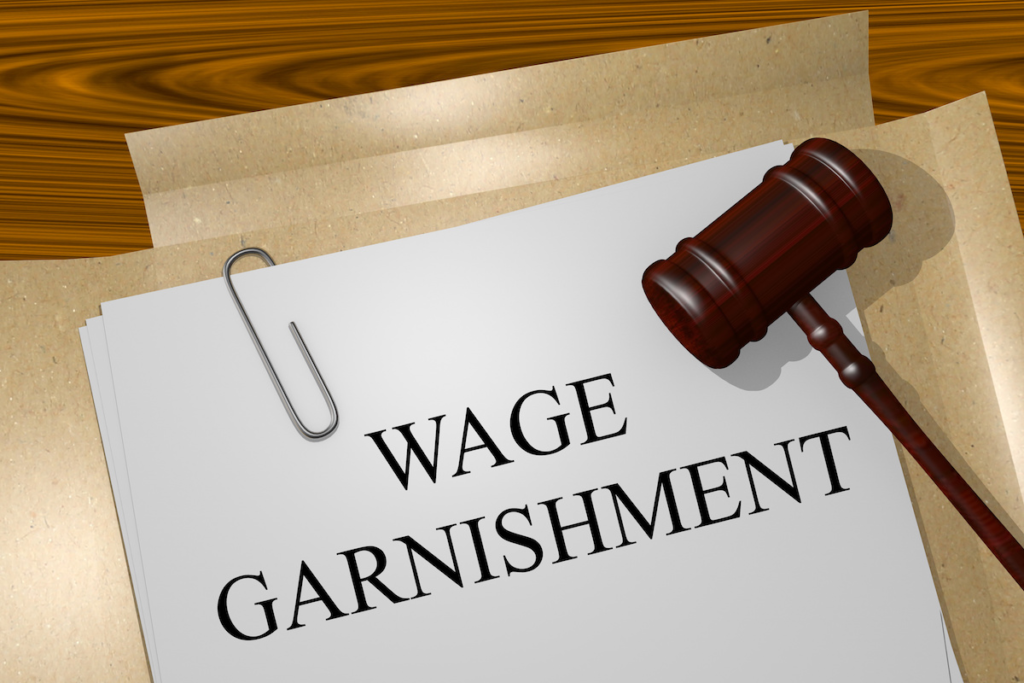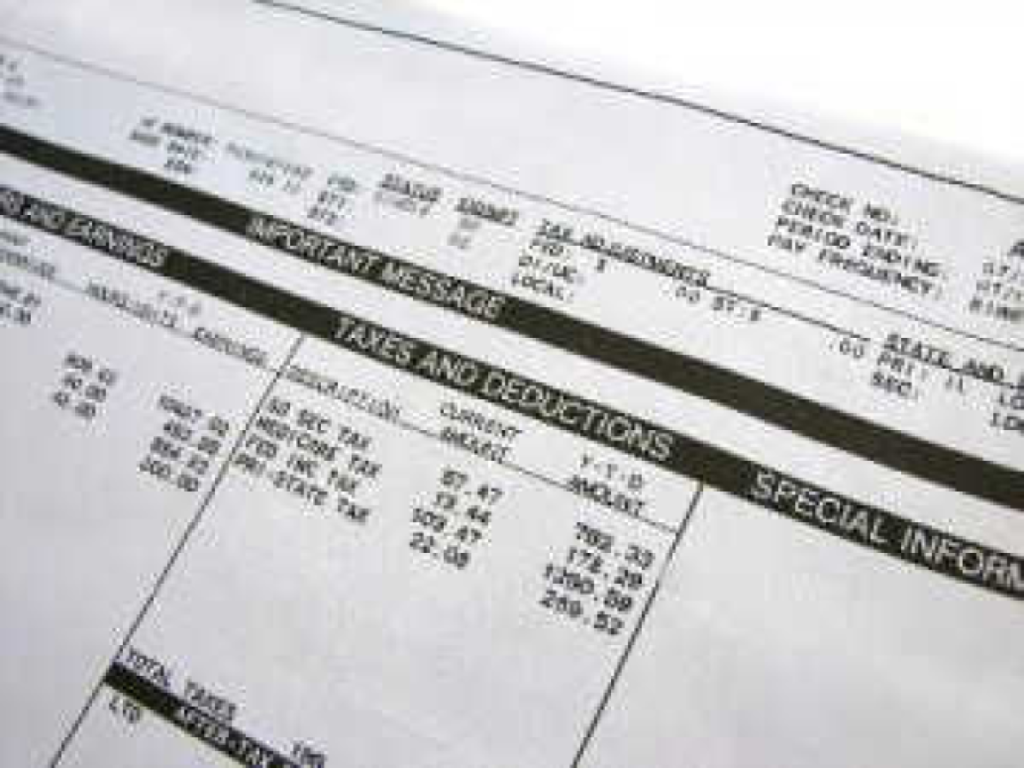Wage Garnishment Wyoming
Understanding Wage Garnishment Wyoming
Whether it’s “good debt” or “bad debt,” the truth is that any debt can have a significant negative impact on a person’s quality of life. Unfortunately, debt is a part of every person’s life even though it’s somewhat taboo to talk about debt.
Well, if you’re finding yourself constantly in debt and unable to pay off your debts, you’re at risk of wage garnishment. Creditors can garnish your wages as soon as you acquire a stable source of income to get yourself out of a pit of debt. Since it can be crippling even further, here is all you need to know about dealing with wage garnishment in Wyoming:
What is Wage Garnishment Wyoming?
It is a method of collecting money owed to someone else by an employee. It happens when a court orders your employer to withdraw a portion of your paycheck and transfer it directly to a creditor you owe.
As such, when your wages are garnished, your employer usually deducts money from your paycheck automatically. It, therefore, works like social security and taxes where money is deducted from your paycheck before you get it.
Types of Debt Where Wage Garnishment Laws By State Is Applicable
• Student Loan Debts
Federal student loans are among the most difficult debts to repay, yet they are normally immune to bankruptcy. That said, the US Department of Education can garnish up to 15% of your wages if you default on a student loan.
• Unpaid Child Support
The law limits child support garnishment to 60% of your net pay under federal law. If you’re supporting another spouse or child, the garnishment maximum is reduced to 50%. Delayed child support payments can increase the amount you owe. For example, 5% more can be deducted for being delinquent for 12 weeks or more.
• Payday Lenders and Credit Card Debt:
Medical expenses and other types of expenses from individual lenders could lead to garnishment. For this, creditors must first initiate a lawsuit against you and obtain a judgment declaring that the creditor has prevailed in the case and is entitled to a specific amount of money. From here, they can then proceed with wage garnishment to re-scoop their money, plus interest.
• Tax Levies & Tax Debt:
For all the other debts, creditors must first obtain a money judgment from a court before they may access your wages. Unfortunately, that is not the case for unpaid taxes owed. The federal government has the authority to “levy” an amount based on your standard deduction and the total of your deductions for your (the taxpayer’s) standard deduction. In Wyoming, up to 25% of your earnings can be deducted to pay state taxes. Local government departments can also seek city and county taxes.
How to Avoid Wage Garnishment Wyoming
You may face wage garnishment if you fall behind or cease paying on debts such as credit card balances, personal loans, or medical costs. Luckily, the number of people or companies that can levy against your income is limited by federal and Wyoming rules. That said, garnishment is limited to 25% of your discretionary income (net pay) under federal law.
Nonetheless, wage garnishment can place you further behind your debts especially when a large percentage of your income is going to one creditor, making your life hell, in simple words. As such, here are several ways to fight wage garnishment in Wyoming with the help of a legal advisor:
• Seek an exemption claim if the level of garnishment leaves your family with insufficient funds to live on.
• Filing for bankruptcy
• Debt negotiation and collaboration with creditors
• Filing a motion to vacate a default judgment
Contact Us For Legal Assistance with Wage Garnishment
Debt can be psychologically, emotionally, and financially crippling. It can bury you in a hole that takes your life away. Even worse is when you’re hit with wage garnishment.
Need help with any of the above? Contact us! In virtually every circumstance, having a legal expert directing you toward your goals will improve your outcome. As such, pick up the phone and let us wash your worries away!



